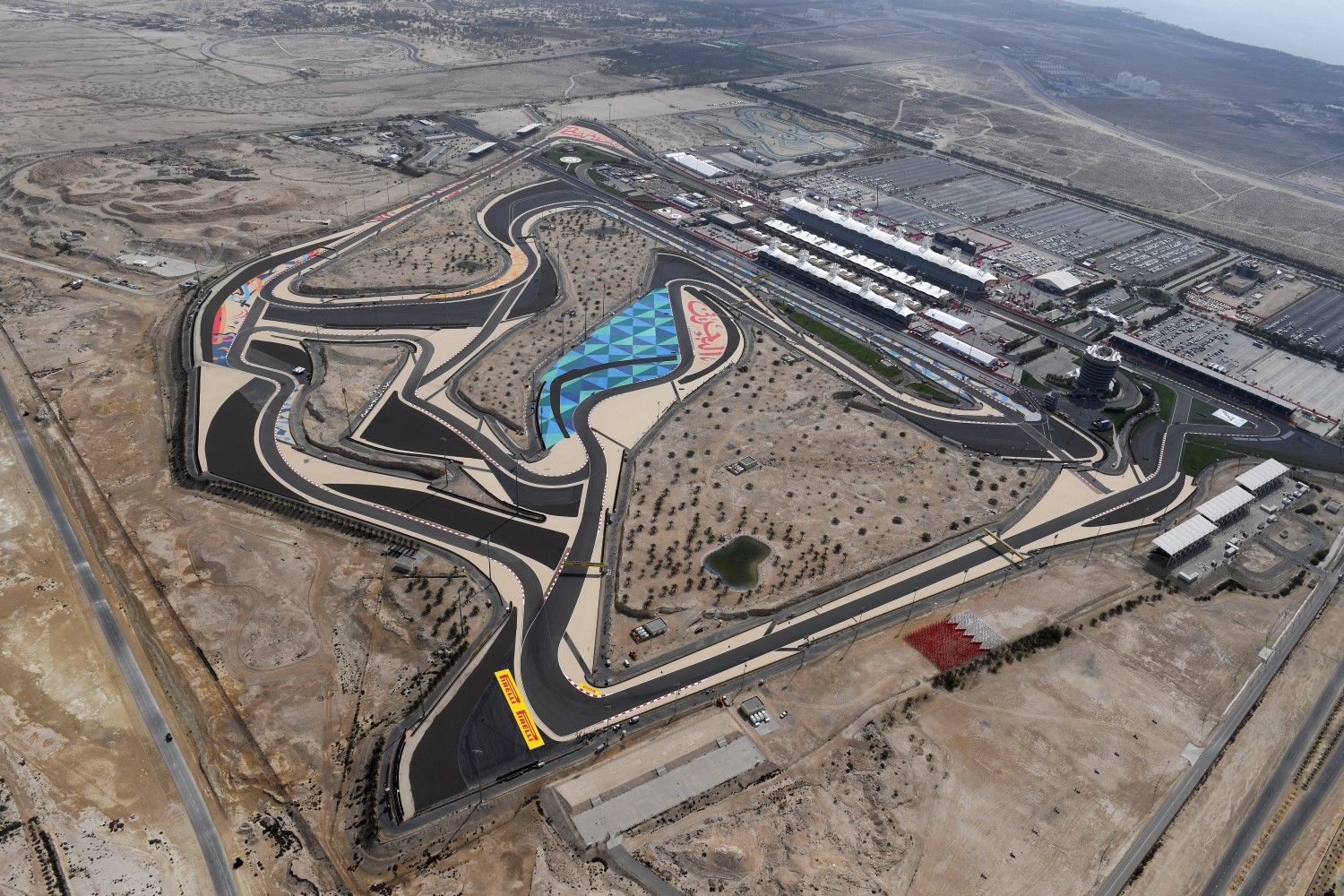F1 accused by humanitarian groups of being two-faced
Ahead of this weekend’s Bahrain Grand Prix, Formula One has been accused of ignoring human rights abuses in the country and having a “clear double standard” about where it decides it should and should not host races (a reference to the recent cancellation of the Russian GP).
The Bahrain Institute for Rights and Democracy (Bird) said F1 has “abandoned those who have been tortured and imprisoned” in the country in part due to criticism of the race, which kicks off the F1 season on March 20.
Bahrain’s race recently signed a huge 15-year extension to continue hosting until 2036, which has prompted various human rights groups to write a letter to F1 CEO Stefano Domenicali, the Grand Prix Drivers Association (GPDA), the sport’s ten teams, and its governing body, the FIA.
In the letter, F1 is accused of a “failure to engage with civil society and acknowledge rights abuse in Bahrain,” and that it is sportswashing “continued institutionalized repression” in the country.
Among the list of requests made to F1, including assessing the Bahrain Grand Prix contract, the letter asks F1 to publicly acknowledge the human rights “crisis” in the country.
F1 released a statement in response, which said: “For decades Formula One has worked hard be a positive force everywhere it races, including economic, social, and cultural benefits. Sports like Formula One are uniquely positioned to cross borders and cultures to bring countries and communities together to share the passion and excitement of incredible competition and achievement.
“We take our responsibilities on rights very seriously and set high ethical standards for counterparties and those in our supply chain, which are enshrined in contracts, and we pay close attention to their adherence.”
The Kingdom of Bahrain issued a statement of its own, saying: “Bahrain has led human rights reform in the region and to suggest otherwise does not reflect current-day reality.
“Bahrain has the region’s most robust human rights protections in place. Independent bodies, such as the independent human rights Ombudsman — the first of its kind in the Middle East — protect against and will investigate any issue related to human rights; police code of conduct reforms and comprehensive training supports a zero-tolerance policy towards mistreatment of any kind; and criminal justice reform, whether related to judicial reform or alternative sentencing, ensures better protections and outcomes.
“To attempt to single out Bahrain in the Formula One calendar is absurd, lacks context, and entirely undermines the enormous strides and leadership Bahrain has shown in this area. Bahrain welcomes and actively supports the role Formula One can play in shedding light on human rights issues in all countries it operates in, now and in the future.”
The letter also said F1 has shown “a clear double standard being applied with countries in the Middle East,” after the decision to cancel the Russian Grand Prix following Russia’s military invasion of Ukraine last month, referencing Saudi Arabia’s involvement in a conflict with Yemen.
On Monday, the Guardian reported prisoners in Bahrain had written to Lewis Hamilton praising the seven-time world champion for speaking out previously on human rights abuse in the middle east.
“Your genuine concern about these cases has changed the way prisoners think of this sport,” the letter, seen by the Guardian, said.
“To us, you are our champ, not only the best in driving but also a human being who cares about the suffering of others. To reflect our support to you, a new phenomenon spread in the prison. Inmates began to write or draw ‘Sir 44’ or ‘Lewis 44’ on their clothes, which we would wear in support while watching the race.”
Saudi Arabia hosts the second race of the season on March 27, a week after Bahrain’s event, and also has a 15-year deal with F1 to host races. In part by ESPN.com
